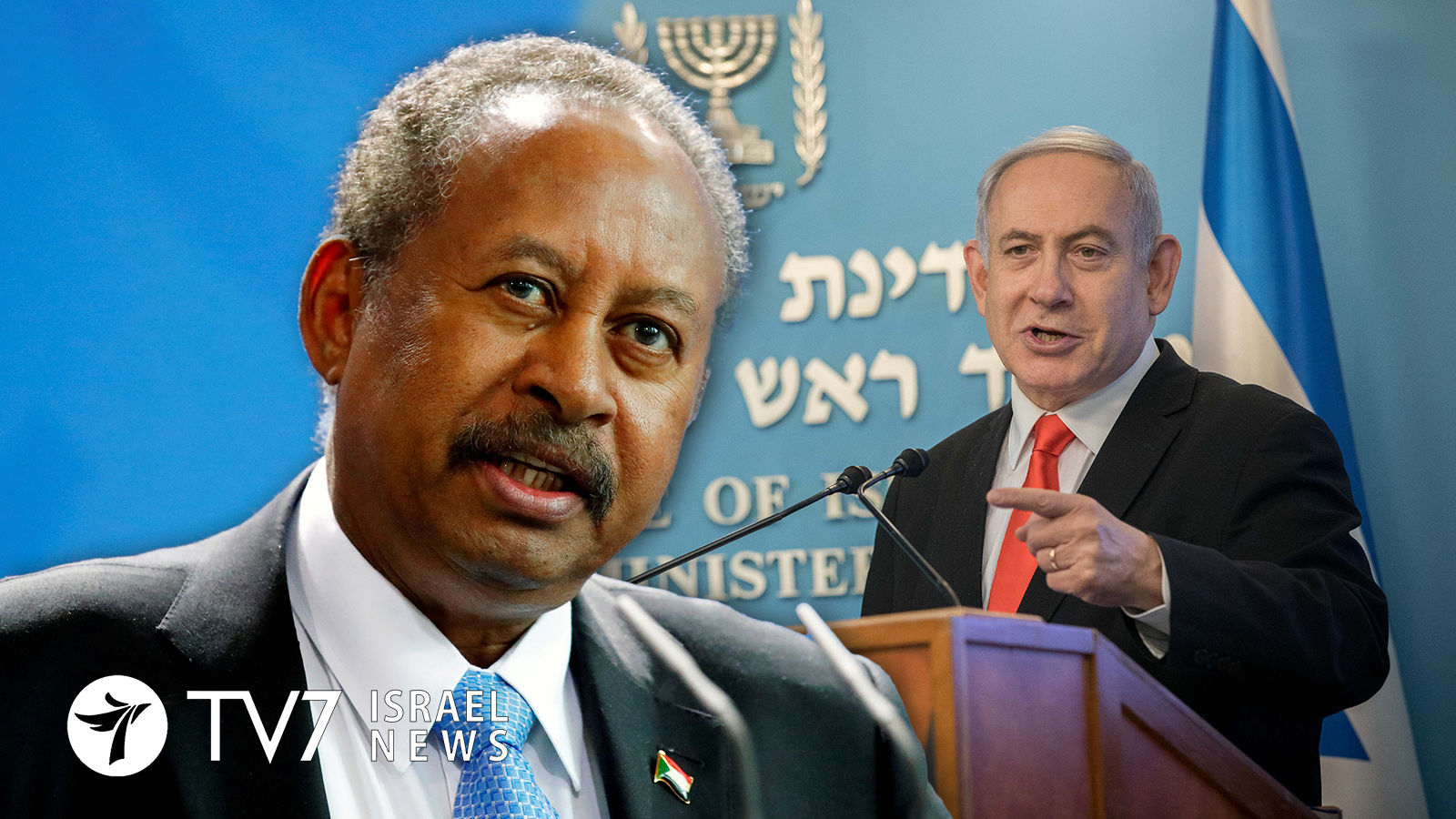Israel is hailing the breakthrough diplomatic establishment of ties with Sudan.
“This is a new era. An era of true peace. A peace that is expanding with other Arab countries – three of them in recent weeks,” Israeli Prime Minister Benjamin Netanyahu said in a video statement.
Israel reached normalization agreements with the United Arab Emirates and Bahrain with the signing of the Abraham Accords in Washington, D.C. on 15 September. Egypt and Jordan signed peace treaties with Israel in 1979 and 1994, respectively.
“In Khartoum, the capital of Sudan, the three principles of the Arab League were adopted in 1967: No peace with Israel, no recognition of Israel, and no negotiations with Israel,” said Netanyahu, before underscoring, “Whereas today Khartoum says – yes to peace with Israel, yes to recognition of Israel and to normalization with Israel.”
Netanyahu tweeted about the deal, including in Arabic, and thanked United States President Donald Trump and his team for their role in brokering it. He said Israeli and Sudanese delegations would soon meet to discuss cooperation in areas including agriculture and trade.
The Prime Minister’s Office also posted a message on Twitter announcing that Israel will send wheat worth $5 million to “our new friends of Sudan.”
After decades of hostilities, Sudan’s Foreign Ministry announced that Khartoum will discuss trade and migration issues in the coming weeks.
The announcement of the Israel-Sudan normalization came less than two weeks before the 3 U.S. elections in which President Trump hopes to secure a second term in office.
During a televised telephone call with his close ally, Trump, Netanyahu diplomatically sidestepped remarks from Trump denigrating his opponent, Joe Biden, who leads in opinion polls. The Israeli leader and former Vice President are also reportedly on good terms.
“Do you think Sleepy Joe could have made this deal, Bibi, Sleepy Joe… Somehow I don’t think so,” Trump asked Netanyahu on the call.
Netanyahu, reliant on bipartisan support for Israel in Washington, carefully responded: “Uh… one thing I can tell you is we appreciate the help for peace from anyone in America.”
The Palestinians predictably reacted to the Israel-Sudan deal with anger, arguing that Arab countries have set back the cause of peace by abandoning a long-standing demand that Israel give up land for a Palestinian state before it can receive recognition.
Palestinian President Mahmoud Abbas released a statement his office “stresses its condemnation and its rejection to normalization of ties with the state of the Israeli occupation, which occupies the land of Palestine.”
In a scathingly accusation, a senior member of Abbas’s Palestine Liberation Organization (PLO), Wasel Abu Youssef, said Sudan’s action “represents a new stab in the back of the Palestinian people and a betrayal of the just Palestinian cause.”
A spokesman for the Islamist Hamas Palestinian terror group that controls Gaza, Fawzi Barhoum, told Reuters “Sudan joining other countries in normalizing ties with the Israeli occupation will encourage the Zionist enemy to commit more crimes and more violations against the Palestinian people.”
Sudan’s former Islamist autocratic President Omar al-Bashir, who was deposed last year after 30 years in power, had been a longtime Hamas ally.
It is important to explain that instability in Sudan had been exploited by the Islamic Republic of Iran for many years, which primarily used the northeast African country as a staging ground for smuggling weapons to Islamist organizations in Gaza through neighboring Egypt. Sudan was consequently targeted by an undisclosed number of aerial strikes, as previously reported by TV7 on 23 October 2012, on terror installations attributed to Israel.
The recent rapprochement between Jerusalem and three more of its Muslim neighbors reflects shifting regional priorities , and a significant set-back for Iran and its regional allies.
“This change began as the result of our steadfast stand against Iran, as the result of our taking actions against its activity and attempts to smuggle (weapons) via Sudan, and – of course – as result of the internal changes that have taken place in Sudan, which we of course welcome,” declared Israeli Prime Minister Netanyahu.
